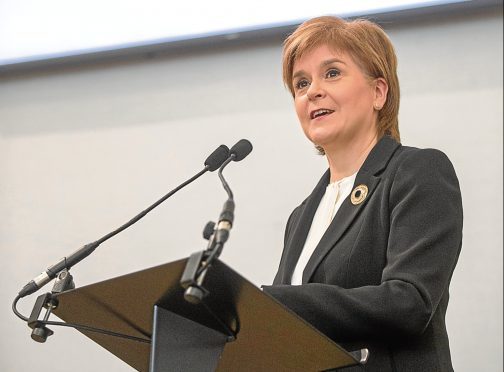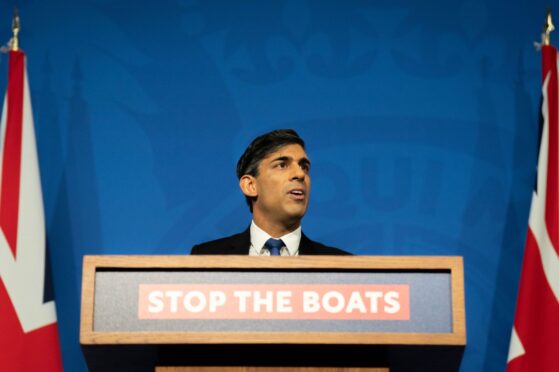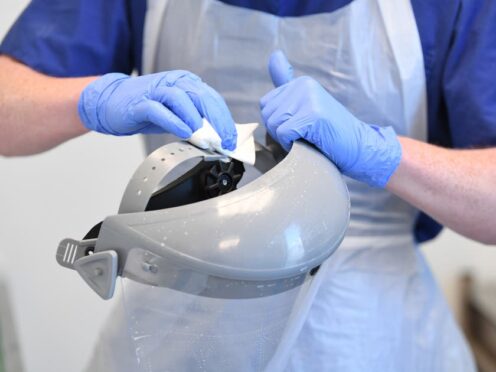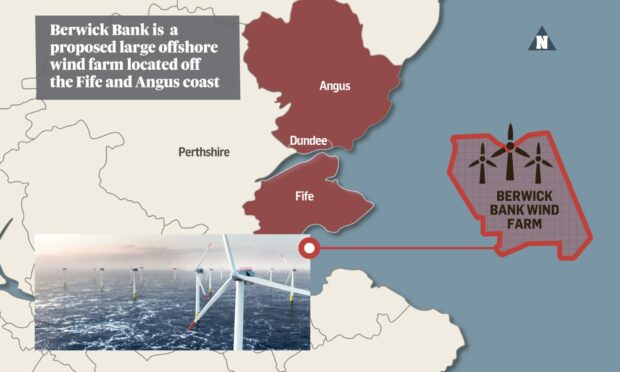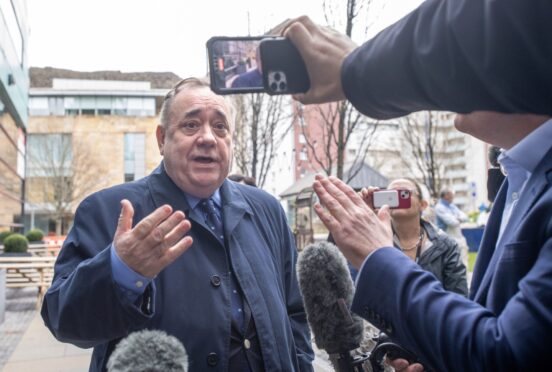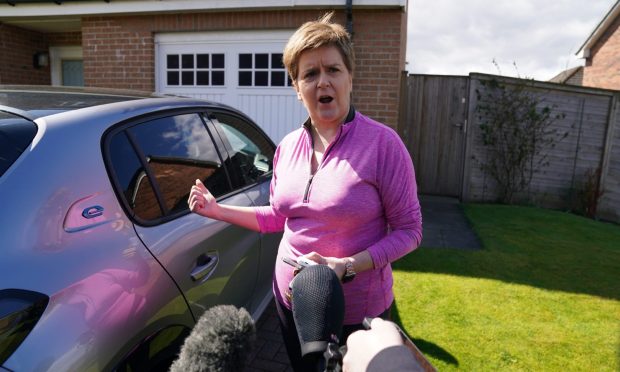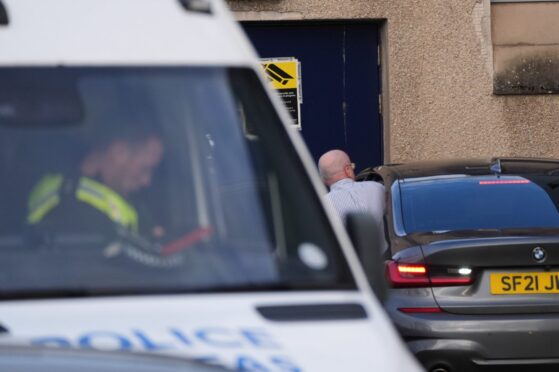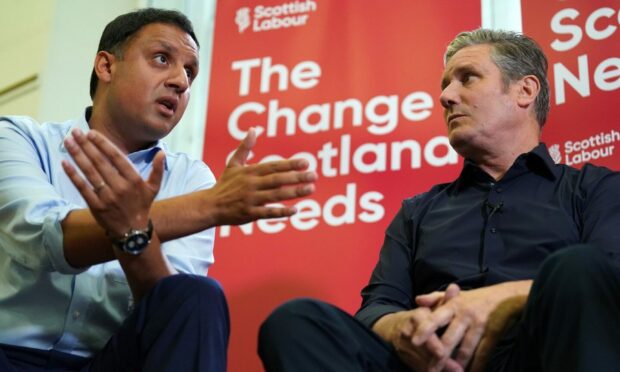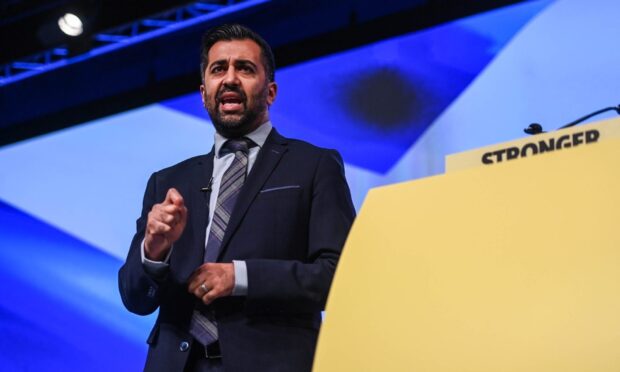Nicola Sturgeon must secure a major shift in public opinion if Scotland is to have its own immigration system, new research suggests.
Most Scots believe rules on EU immigration should be the same across the UK, according to a survey by Professor Sir John Curtice.
The polling expert’s analysis of Scottish attitudes to Brexit also revealed 62% think decisions about fishing should be made by the Scottish Government once powers have been repatriated from Brussels, compared with 59% for farming.
And Scots are more likely than those from the rest of the UK to prioritise free trade with the EU over curbs to immigration, with support for doing so at 63% in Scotland and 53% in Britain as a whole, according to the National Centre for Social Research report.
However, 63% of Scots think rules on immigration from the EU should be the same in Scotland as in the rest of the UK after Brexit.
Ms Sturgeon has made repeated calls for Holyrood to get powers over immigration to bolster Scotland’s workforce.
Sir John, senior research fellow at ScotCen, said the results suggest both governments “may need to do some rethinking of their plans for post-Brexit Scotland”.
“The UK Government’s proposal that EU responsibilities for devolved areas such as fishing and farming should in the first instance at least be given to Westminster appears to be out of tune with the public mood north of the border,” he said.
“Equally, the Scottish Government appears to have made little headway in persuading voters that Scotland should have a closer relationship with the EU post-Brexit.”
The research, which interviewed people in September and October 2017, found that 69% thought the UK Government was doing badly in the Brexit negotiations, up from 57% from earlier in the year.
Michael Russell, the Brexit Secretary, said he was pleased Scots backed Holyrood as the destination for EU powers that are devolved in nature.
On immigration, he said: “The majority of people in Scotland recognise the huge economic benefits of free trade for Scotland, and the vital role played in our economy by workers from other EU countries.
“Maintaining free movement, as a key element of free trade, is vital to maintaining our working age population and to Scotland’s longer term economic growth.”
A UK Government spokesman said: “This research shows the majority of people in Scotland support UK-wide arrangements on trade and immigration.
“We know that Scotland’s exports to the rest of the UK are worth four times more than that with the EU.
“We will continue to work with the Scottish Government as we put in place the necessary arrangements for Brexit – including ensuring we return powers from Brussels in a way that respects the devolution settlement.”
